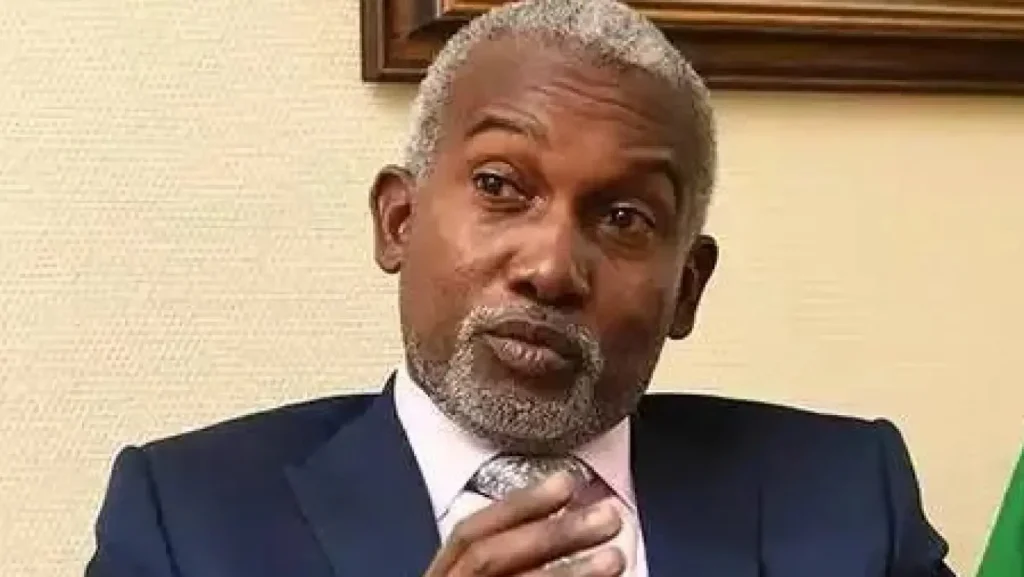Nigeria’s foreign minister expressed concerns on Wednesday regarding the US’s planned expansion of its travel ban, stating that it could obstruct potential trade agreements with West Africa, especially in the realms of rare earth minerals and energy.
According to a source familiar with the memo, the United States is considering including 36 additional countries in its travel restrictions, which would significantly broaden entry limits to almost 1.5 billion individuals.
The proposed travel ban may affect Nigeria, Africa’s most populous country.
“We would like to do deals with the US, but visa restrictions are non-tariff barriers to deals,” Foreign Minister Yusuf Tuggar told his colleagues from the West African bloc ECOWAS, at a meeting in the Nigerian capital, Abuja.

Previously, President Donald Trump had already imposed a travel ban on 12 countries, impacting two West African nations, Togo and Sierra Leone.
He remarked that the “apparent recent decision by the US government to apply visa restrictions to all ECOWAS countries” would be “very unfortunate if it were to happen, as we are a region rich in opportunities eager to engage in trade.”
During his remarks at the meeting leading up to this weekend’s summit of ECOWAS Heads of State, Tuggar pointed out that the region also presents a strategic alternative to more distant and politically varied energy suppliers.


 Trending
Trending 